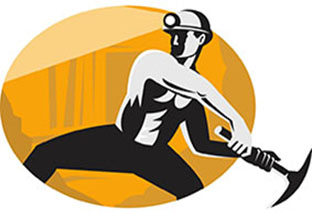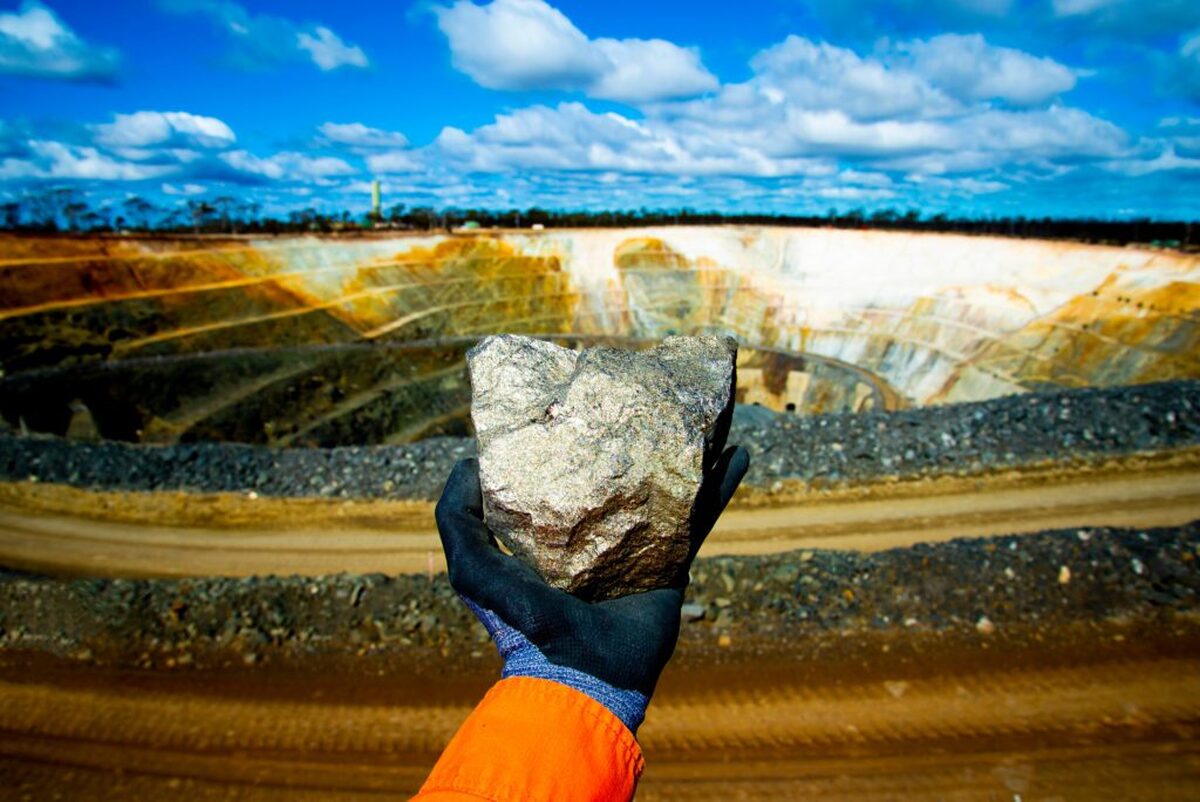
Supply crunch sends BRBF premiums to 11-month highs

The Argus BRBF value-in-market (ViM) seaborne price has risen to more than 6.5pc above the Argus ICX 62pc fines index, from 4pc in March and 1-2pc in December 2019-January 2020. The Argus BRBF ViM assessment was $88.97/dry metric tonne (dmt) cfr Qingdao on 7 May compared with the ICX at $83.50/dmt cfr Qingdao. In portside markets, 63pc Fe BRBF traded at 656 yuan/wet metric tonne (wmt) yesterday, an 11pc premium to the PCX 62pc portside index.
Vale halted its 30mn t/yr Teluk Rubiah iron ore blending terminal in March to comply with Malaysia's Covid-19 lockdown. Malaysia this week reopened much of its economy but Vale has so far not announced a reopening of the terminal, China-based traders said.
The terminal is the main loading point for BRBF seaborne spot cargoes, while the majority of total supply is blended at Chinese ports. BRBF is a blend of 65pc Fe IOCJ fines from Vale's northern system and 62pc Fe fines from its southern system in Brazil.
Heavy rains on the northern system have reduced IOCJ supply, limiting portside blending of BRBF in China. Vale is increasing the ratio of IOCJ in BRBF blends to improve the quality in China, which will further reduce supply of IOCJ cargoes, a south China mill buyer said.
"We are sold out in China, actually," Vale chief executive Eduardo de Salles Bartolomeo said on a 29 April earnings call. "We do not have any problem selling more products in China."
Brazil has begun to impose lockdowns to slow the spread of the virus. Brazilian iron ore supply could be further constrained if rail transport of iron ore is affected, traders said.
A late May loading cargo of BRBF sold at more than a $5/dmt premium to 62pc index this week, with no other details available, another south China mill buyer said. The cargo had been earlier offered at $6-7/dmt above index. He put the indicative floating premium at $5.50/dmt to May 62pc index.
The Argus BRBF implied floating premium averaged $5.29/dmt above the ICX in April, or a 6.3pc premium for BRBF to the April ICX average of $83.51/dmt.
A May $6.50/dmt floating premium equates to a portside price of Yn705/wmt, calculated from the May swaps at $84.25/dmt plus the premium and adjusted for tax, a Yn35/wmt loading fee and 8pc moisture, an international trader said.
BRBF is selling Yn75-80/wmt higher than PB fines in portside markets because of short supply, said an international trader who pegged the floating premium at $5.40/dmt to the 62pc index. IOCJ stocks fell fast this week, and larger trading firms have bought seaborne cargoes of IOCJ to land at ports, he said. The price gap between BRBF and IOCJ has narrowed to Yn70/wmt with IOCJ now more cost effective to buy, a north China trader said.
Larger trading firms control most of the BRBF port stocks, and they are exercising discipline on prices, a Hebei-based mill buyer said. Only mills unable to shift use ratios of brands continue to buy portside BRBF, he said.
"Only mills who have very fixed blending ratios have to buy BRBF, although the prices have hiked very high. Other brands like PB fines, Newman fines, local concentrate and Yandi fines could replace BRBF. There is no need to pay higher premiums for BRBF," a north China trader said.



Trump weighs using $2 billion in CHIPS Act funding for critical minerals

Codelco cuts 2025 copper forecast after El Teniente mine collapse

Electra converts debt, launches $30M raise to jumpstart stalled cobalt refinery

Barrick’s Reko Diq in line for $410M ADB backing

Abcourt readies Sleeping Giant mill to pour first gold since 2014

Nevada army depot to serve as base for first US strategic minerals stockpile

SQM boosts lithium supply plans as prices flick higher

Viridis unveils 200Mt initial reserve for Brazil rare earth project

Tailings could meet much of US critical mineral demand – study

Kyrgyzstan kicks off underground gold mining at Kumtor

Kyrgyzstan kicks off underground gold mining at Kumtor

KoBold Metals granted lithium exploration rights in Congo

Freeport Indonesia to wrap up Gresik plant repairs by early September

Energy Fuels soars on Vulcan Elements partnership

Northern Dynasty sticks to proposal in battle to lift Pebble mine veto

Giustra-backed mining firm teams up with informal miners in Colombia

Critical Metals signs agreement to supply rare earth to US government-funded facility

China extends rare earth controls to imported material

Galan Lithium proceeds with $13M financing for Argentina project

Kyrgyzstan kicks off underground gold mining at Kumtor

Freeport Indonesia to wrap up Gresik plant repairs by early September

Energy Fuels soars on Vulcan Elements partnership

Northern Dynasty sticks to proposal in battle to lift Pebble mine veto

Giustra-backed mining firm teams up with informal miners in Colombia

Critical Metals signs agreement to supply rare earth to US government-funded facility

China extends rare earth controls to imported material

Galan Lithium proceeds with $13M financing for Argentina project

Silver price touches $39 as market weighs rate cut outlook


















